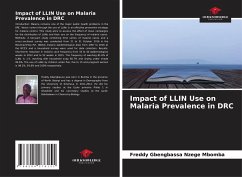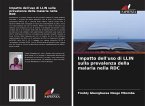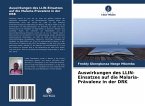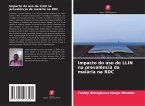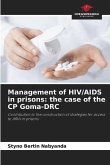Introduction: Malaria remains one of the major public health problems in the DRC. Vector control through the use of LLINs is an effective prevention strategy for malaria control. This study aims to assess the effect of mass campaigns for the distribution of LLINs and their use on the frequency of malaria cases. Methods: A two-part study combining time series of malaria cases and a cross-sectional survey was conducted from 21 to 31 October 2016 in the Masimanimba HZ. Weekly malaria epidemiological data from 2007 to 2016 at the BCZS and a household survey were used for data collection. Results: Short-term reduction in malaria case frequency from 33 to 40 epidemiological weeks in 2012 and to 52 weeks in 2015. The frequency of washing 81.6% of LLINs is 1-5, washing with household soap 85.7% and drying under shade 90.6%. The use of LLINs by children under five, five to 15 and pregnant women is 98.2%, 93.6% and 100% respectively.
Bitte wählen Sie Ihr Anliegen aus.
Rechnungen
Retourenschein anfordern
Bestellstatus
Storno

